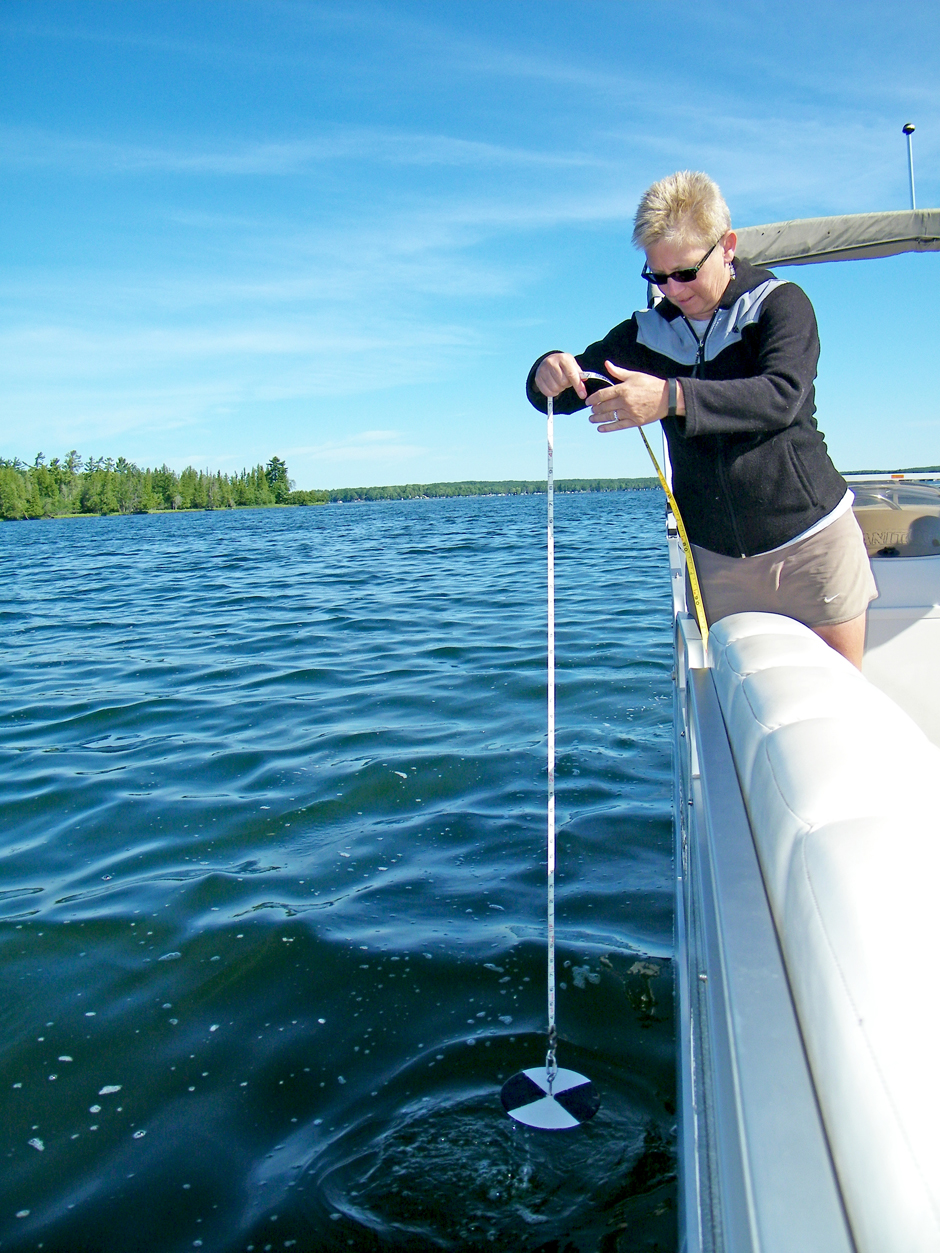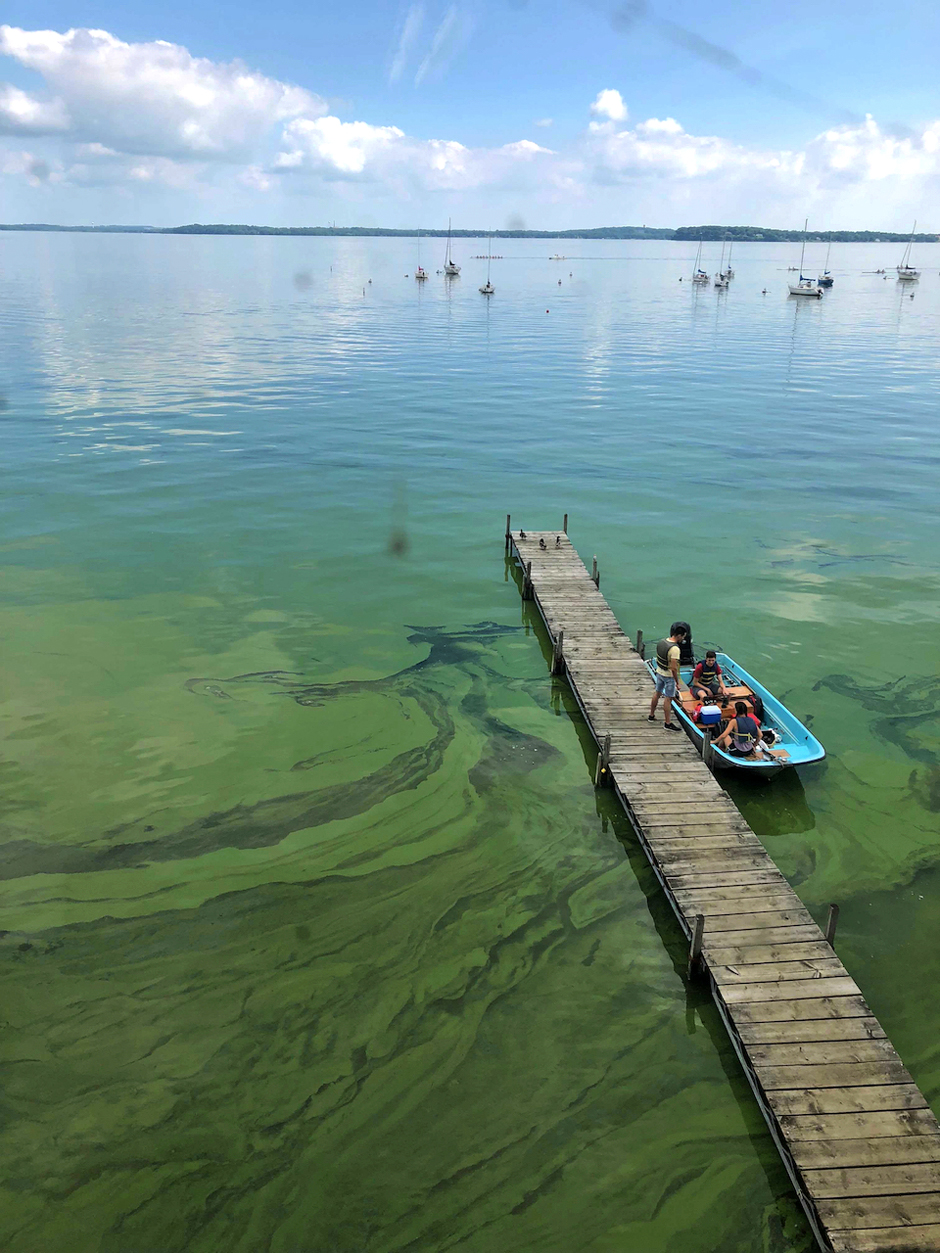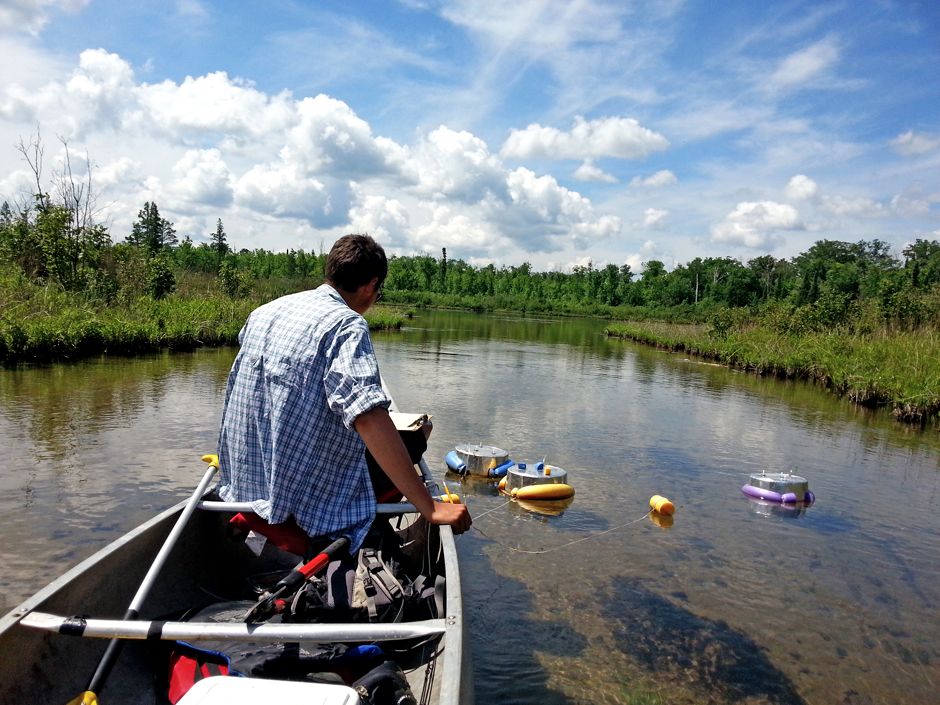Posts for tag "lakes"
Engaging People, Engaging Lakes: How The Public Can Help Aquatic Systems
Lake appreciation and engagement of the public is critical in establishing and maintaining healthy lakes, streams, and other aquatic systems.
- Posted November 17, 2021
How Green Was My Cyanobacteria: Carbon, Nitrogen, and Phosphorus Cycling in Lakes
The influence of bacteria on carbon, nitrogen, and phosphorus cycling processes in lakes and their influence on lake health is explored.
- Posted October 29, 2021
In the Right Place All the Time: Greenhouse Gas Research and NTL-LTER
Greenhouse gas dynamics research in lakes and streams by NTL-LTER yields some surprising results, especially regarding methane.
- Posted October 12, 2021
Chloride Contamination Threatens Thousands of Northeast & Midwest Lakes
Development and crop land use in the United States lead to elevated chloride levels in thousands of lakes.
- Posted August 12, 2020
The National Lakes Assessment In Focus
The National Lakes Assessment is helping to bridge an enormous limnological data gap across the continental United States.
- Posted December 3, 2018
Healthy Lakes Have Real, Calculable Value for Humans
Interdisciplinary research provides an in-depth look at how humans and lakes affect each other, and how we value healthy lake ecosystems.
- Posted October 11, 2018








